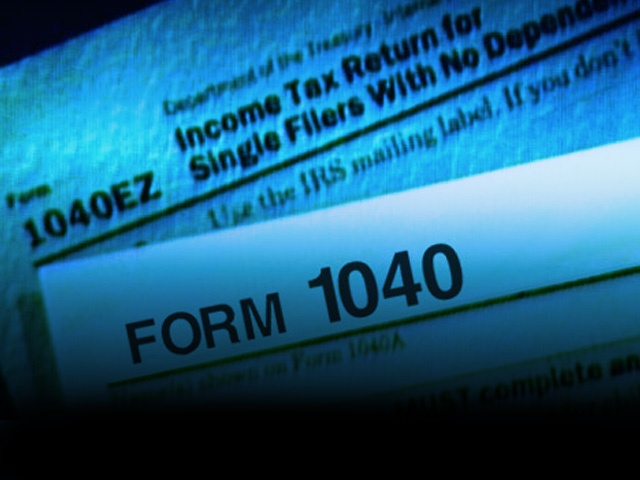What Should Non-Filing Taxpayers Do?
Are you someone who hasn’t filed your taxes with the IRS in several years? Are you scared, stressed, and unsure what to do? Perhaps you haven’t filed for one of the following reasons:
- Catastrophic events in your personal life
- Death in your family
- A failed business
- Failed relationships
And now, you’re trapped in a position where you believe that if you come clean with your actions, you’ll get sent to jail. Fortunately, the IRS only prosecutes the most egregious cases of non-filing, and the occasional common person in order to demonstrate a point.
If you choose to approach the IRS about non-filing, in most cases they will work with you. The term for the process of approaching the IRS to resolve your delinquent taxes is “voluntary compliance.”
Once you have identified with the IRS as someone who is providing “voluntary compliance,” it is important to be accurate and truthful. If the IRS believes any of your late-filed returns are dishonest, your chances of prosecution skyrocket.
In order to qualify for “voluntary compliance” status, you must:
- Voluntarily notify the IRS of each year you failed to file
- Have income from only legal sources
- Approach the IRS prior to being criminally investigated
- Cooperate with the IRS in determining your correct tax liability
- Pay the full amount due or make arrangements to do so if you are unable
It’s better to file your taxes late than not at all. The IRS is typically willing to create installment payment plans for those who are unable to pay in full right away. You may also qualify for an offer in compromise, which forgives all or part of your tax liability.
What Happens If I Never File?
If you choose not to file voluntarily, you may eventually face criminal prosecution by the IRS. More commonly, if you were owed a refund in the past 3 years, you may lose it if you don’t file. If you did owe money, your interest and penalties will continue to grow.
If you approach the IRS, however, they may be willing to forgive some of your interest and penalties.
Additionally, the IRS may file a tax return on your behalf. In this case, the IRS prepares a tax return in its own best interest. This tax return may not give your credit for deductions and exemptions for which you may normally be entitled.
It’s Always Best to Approach the IRS!
No matter what way you look at it, it’s always best to approach the IRS than to say nothing at all. If you use the assistance of an experienced tax attorney, your chances of receiving a favorable outcome dramatically increase.
About the Author:
Dan Stelter is a tax-efficiency enthusiast. If you are a “non-filer,” use the help of an experienced tax attorney or other tax professional to deal effectively with the IRS.
Related articles
- New IRS “Soft Notice” Pilot Program
- IRS Collection Procedures
- Tax Record Keeping Advice for Small-Business-Owning Technophobes
- What to Do When You’re Struggling With Taxes



















The tax code provisions are stacked against the non-filer. I tell anyone who will listen that one should always, always, always file their returns timely even if they cannot pay one dime with the return. Taxpayers do not realize that there is a failure to file and a failure to pay penalty along with interest and penalties. Additionally, chronic non-filing can result in civil and sometimes criminal tax penalties and jail.
So you offer sound advice to non-filers. Get all your returns completed and file them immediately. Talk with a tax attorney if their are some special facts or tax situations; if not at least get the assistance of good tax accountant.
But from now until the day you die repeat after me: “I will always file my tax returns timely!”
Steven,
Thanks for your thoughts. I am with you 100%. I tell everyone, file your return even if it is just an informational return, if you owe, can’t pay them, file… At some point one will wish they had.